“Hey, are you scared when you go to school?"
This is a question that an international student in Afghanistan asked a Japanese elementary school student.
"I have three challenges." She continues. "First of all, by the time I arrive at school, I wonder if I can go safely without being hit by a gun or bombing. The second is ..." Elementary school girls are surprised and ask "why". You might be killed while you go to school. I'm sure she will never forget this shock.
Nowadays, many Japanese children grow up, seeing this kind of world situation only on TV, no, with very few opportunities. What is true education?
Have you ever wondered how effective education will look like in the next couple of years? Covid-19 has come to accelerate the process of this educational revolution, putting educators and parents to rethink and redesign the effectiveness of the educational system.
This article will explore an innovative case of intercultural and practical learning by looking at KIDEA. KIDEA is a prototype of an online educational platform that aims to connect international students with local Japanese students to discuss and share various cultural and social practices in an interactive form.
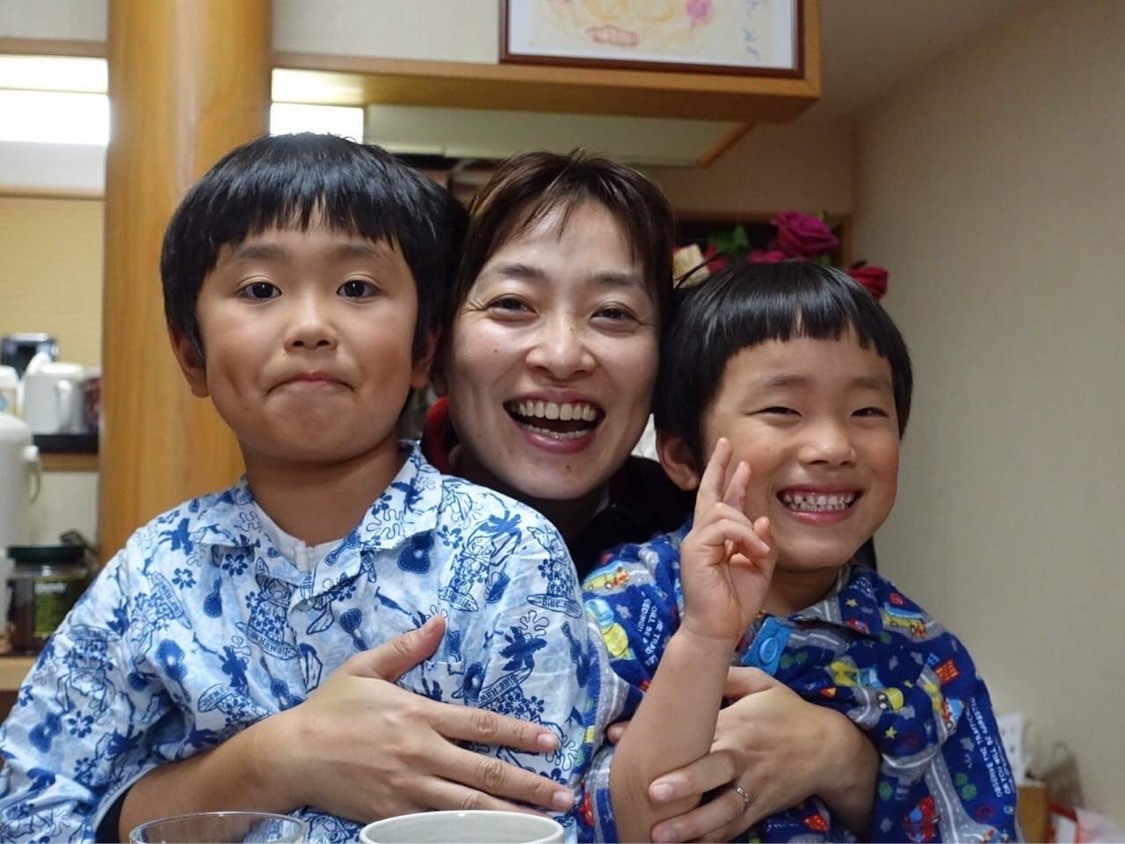
“Japanese students need to understand the real world,” asserted Rika.
Behind this Magnifique concept of educational learning through the platform KIDEA, there is a mother, educator, and a professional worker at Asahi Newspaper named Rika. She is a passionate mother interested in improving the quality and effectiveness of education in Japan.
She believes that Japanese students often maintain themselves in their comfort zone, which is not propitious for their intellectual growth and social integration with the outside world. She exemplified how Japanese students have access to the quality of resources and education, enabling them to have a competitive advantage when it comes to technical skills. Conversely, there is an urge for them to be actively involved in global affairs by understanding different cultures and perspectives.
From these thoughts, to dismantle Japanese students’ comfort zones, the concept of intercultural and practical learning came into development.
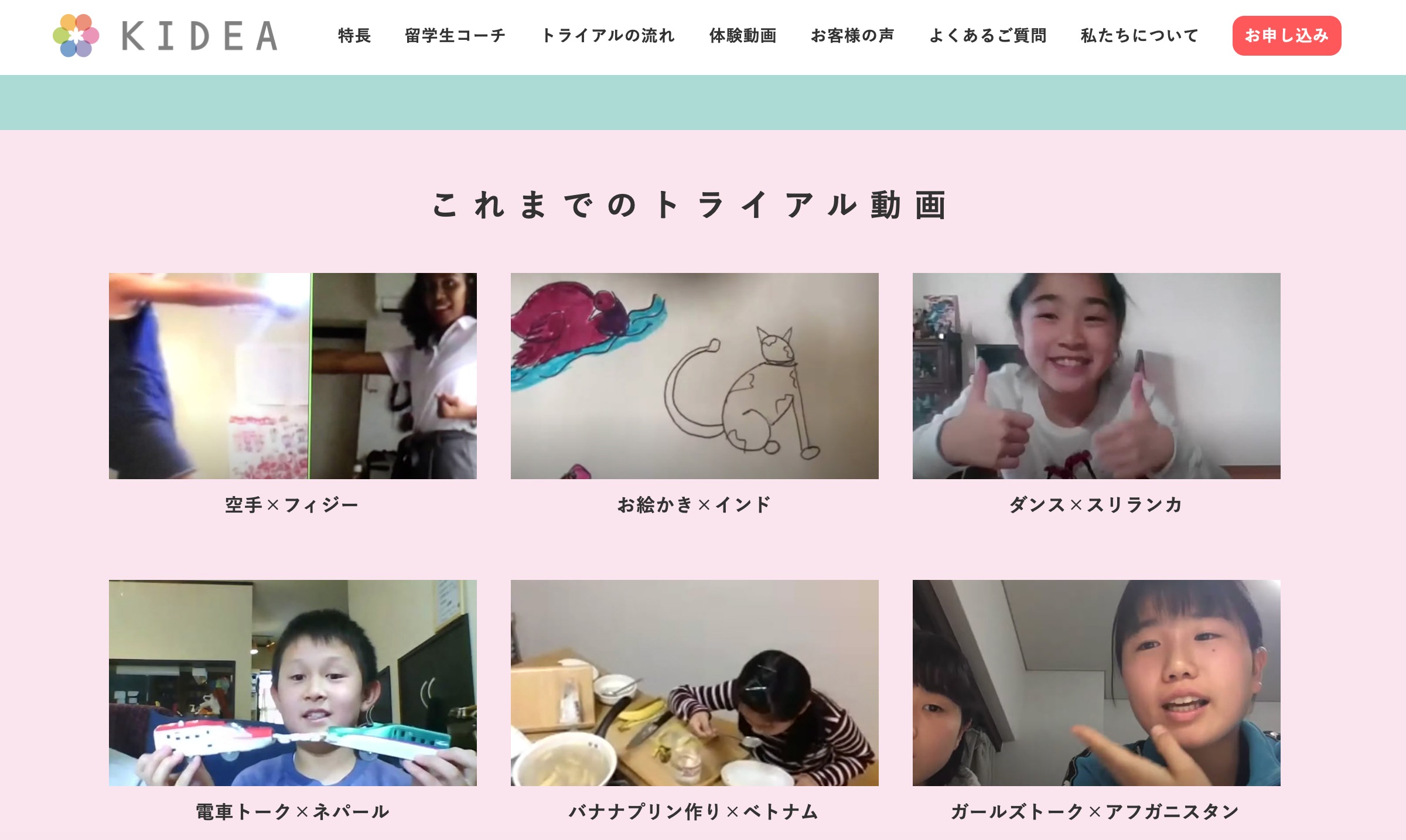
KIDEA allows international students and Japanese students to share their lifestyle mutually and freely, including creative arts, dancing, gastronomy, sports, and martial arts, through interactive online sessions where both foreign and Japanese students record a video of themselves performing a specific activity.
“Hey, what kind of train is running there?”
“What kind of person do you like?”
Japanese children listen innocently with their words. International students speak with gestures, sometimes showing what they have at home. Sometimes, like the story at the beginning, you may be shocked by the way you live. But that is the reality of the world. The important essence of traveling and studying abroad is to feel this reality.
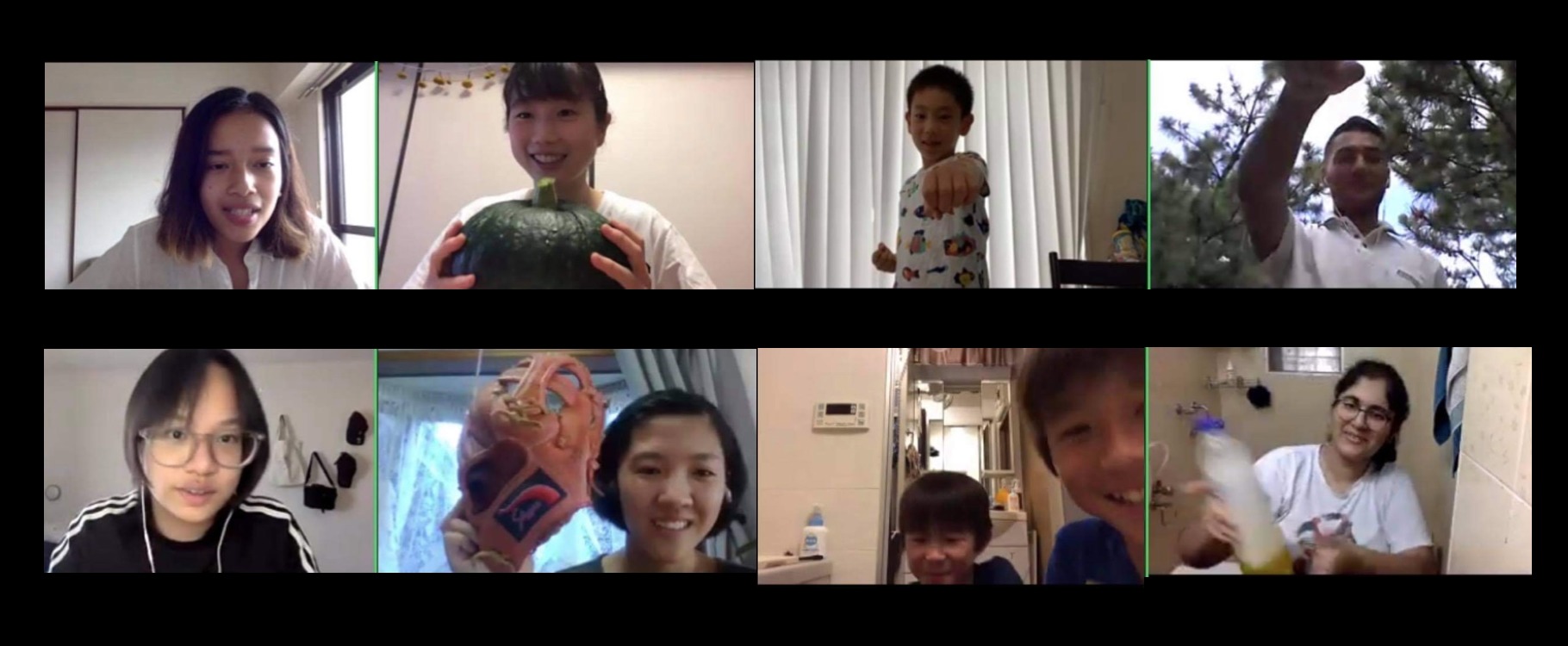
It helps Japanese students obtain a clear understanding of the outside world as they interact with students worldwide. Rika affirmed that this platform enables Japanese students to comprehend how privileged they are in terms of quality of education and lifestyle.
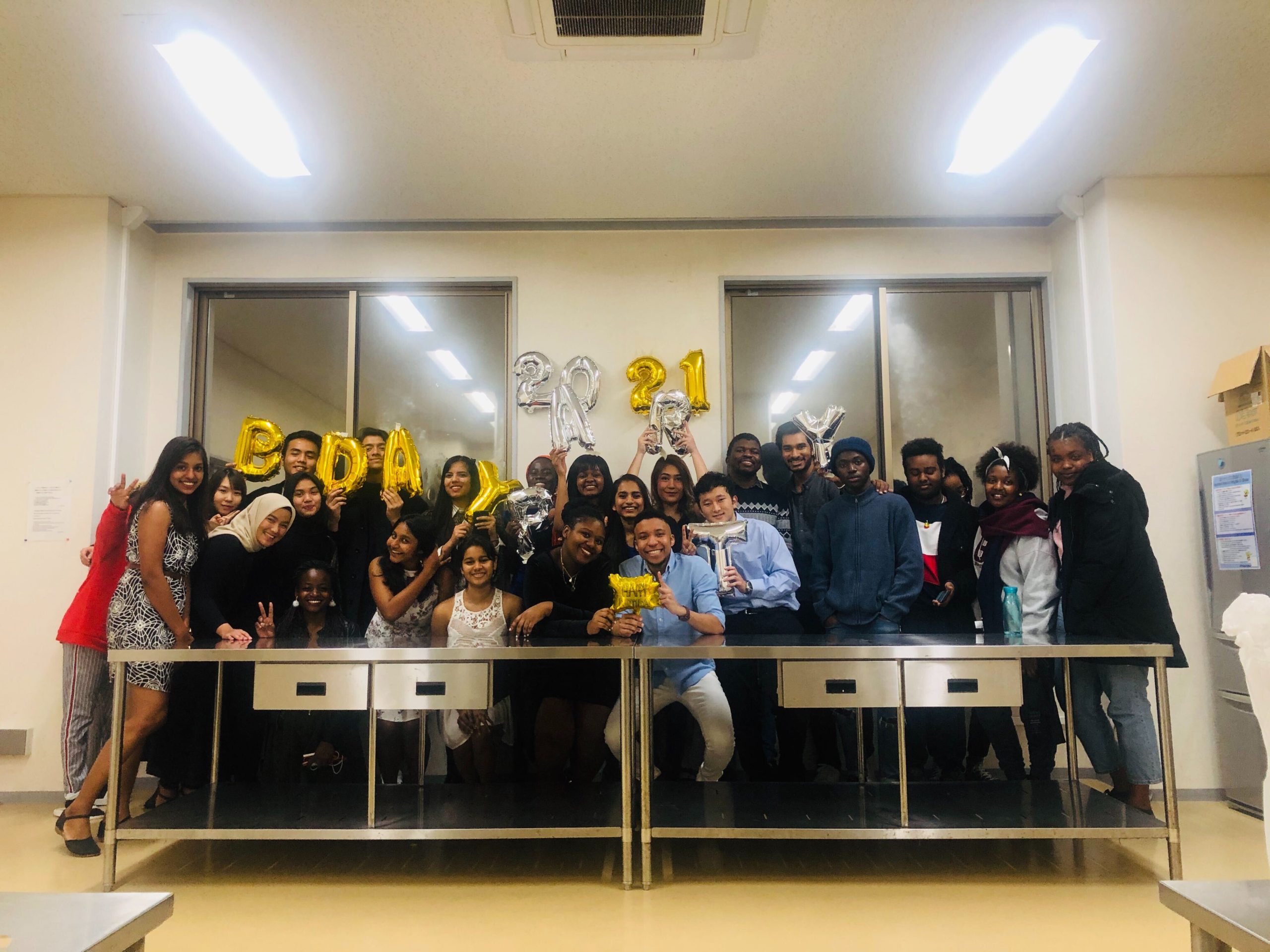
To further understand this brilliant educational and learning concept of KIDEA, Rika opted to prototype her project in Beppu due to its strategic geographical location. In Beppu, the citizens are highly sympathetic and receptive of different cultures, which favors the peaceful environment that it portrays. Beppu is geographically a port city, so it has a climate where diverse people can rest and restore their minds. Therefore, it is inevitable that the citizens were very sympathetic and receptive to the various cultures, and since the establishment of APU, many people with different cultures and beliefs will live in this land. It is.
"What is world peace?"
If you come to this land and go out to the city, I think you can get a hint.
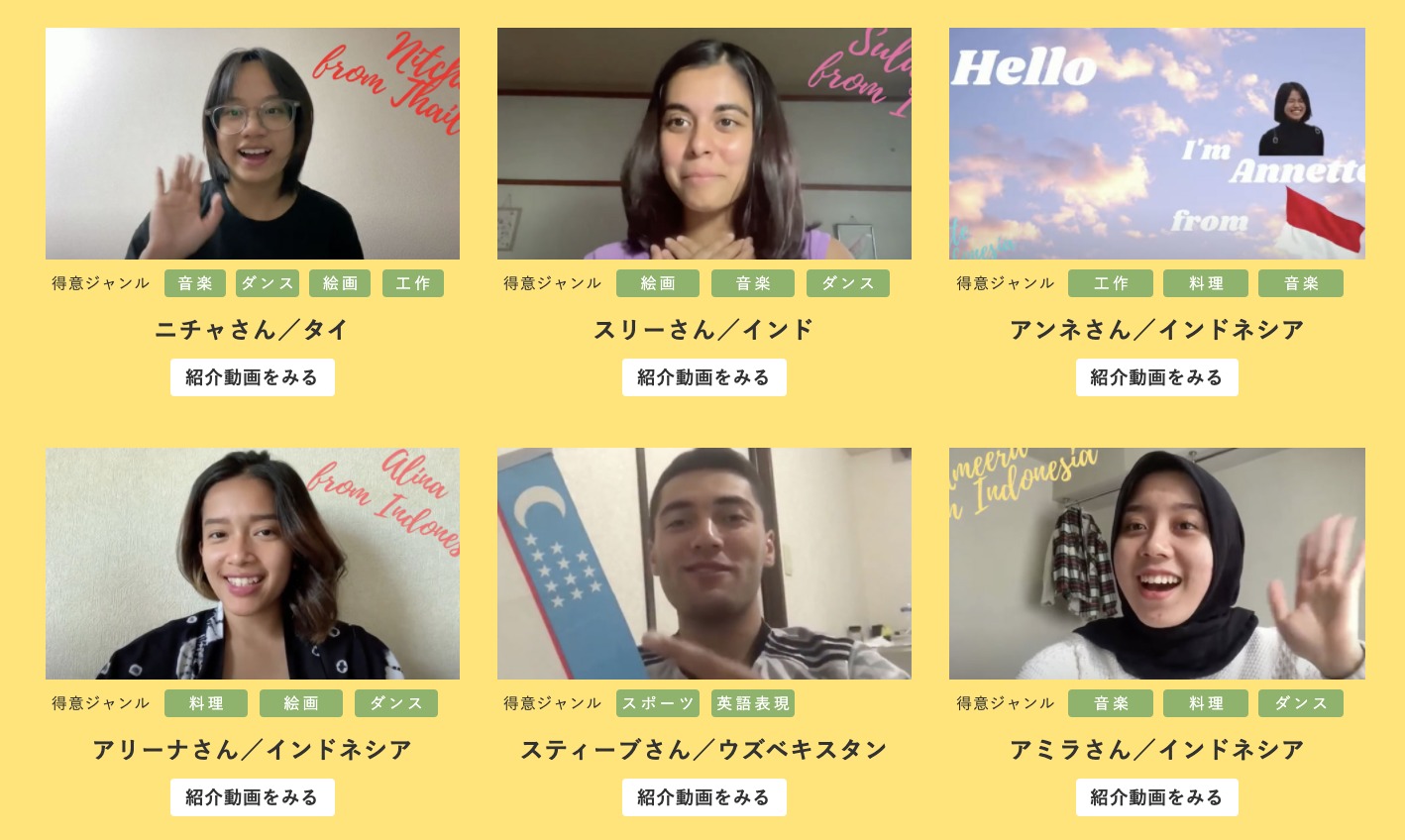
As KIDEA is mainly targeting primary school students, it has its aim in shaping the intercultural skills such as effective communication and interaction of the future leaders of Japan. Rika guaranteed that after the prototype has been successfully tested and approved by the Asahi corporation, KIDEA will continue to expand its services within Japan and worldwide. When looking at its statistics, KIDEA has successfully organized over 100 trials, whereby parents confirmed their willingness to pay for the KIDEA service. Moreover, Rika would like to establish the service for an intercultural learning platform.
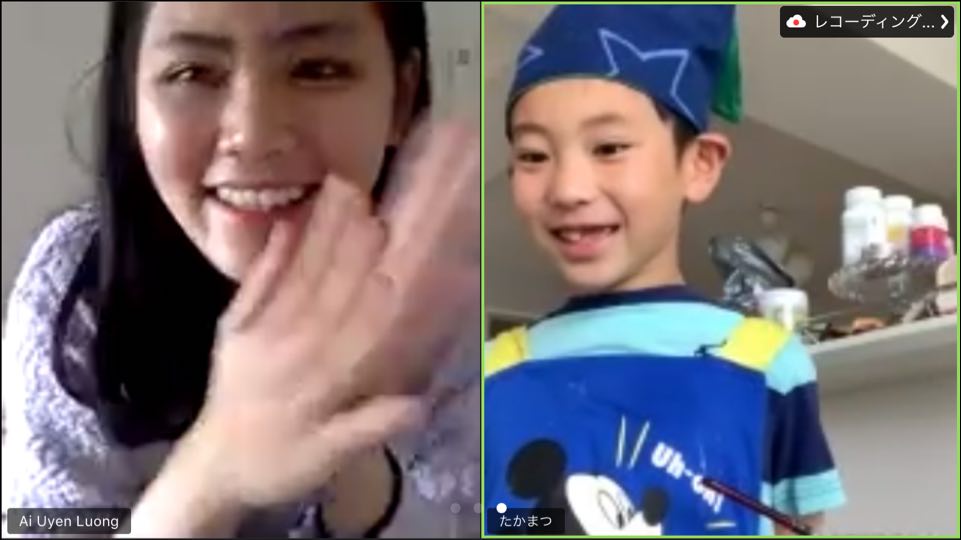
If you are reading this and are thinking "I wish I had such a service! " or "I wanted to receive it if I was a child", please visit the website.
You may also find hints to open the door to your heart.
“Trust” yourself, friends and have hope on the new world
The world is changing rapidly and becoming much more interesting. However, there is some uncertainty. A globalized world comes with multicultural challenges that arise mainly due to our differences in terms of ideologies and perspectives.
Education should be seen as a fundamental right, rather than merit good. Having the experience of coming from a country that lacks educational resources and opportunities, it is unfortunate that many talents and geniuses are lost due to the educational system's fragility. During grades one and two, I studied on the classrooms' floor because my school did not have desks. During rainy days, the school was canceled because the classrooms were completely flooded. This a vivid scenario I encountered as a kid, yet many more children still face the same issue all over the world.
Education should not be for those who can afford it, it should be for everyone who ought to become a better version of themselves, ultimately contributing to the development of their society.
Ultimately, KIDEA has a unique learning concept which can be used to change the world for the better. Its powerful mission and vision of promoting global peace and mutual understanding through intercultural and practical learning that will enhance the development of effective communication skills by Japanese students is a promising learning concept for the future of education.
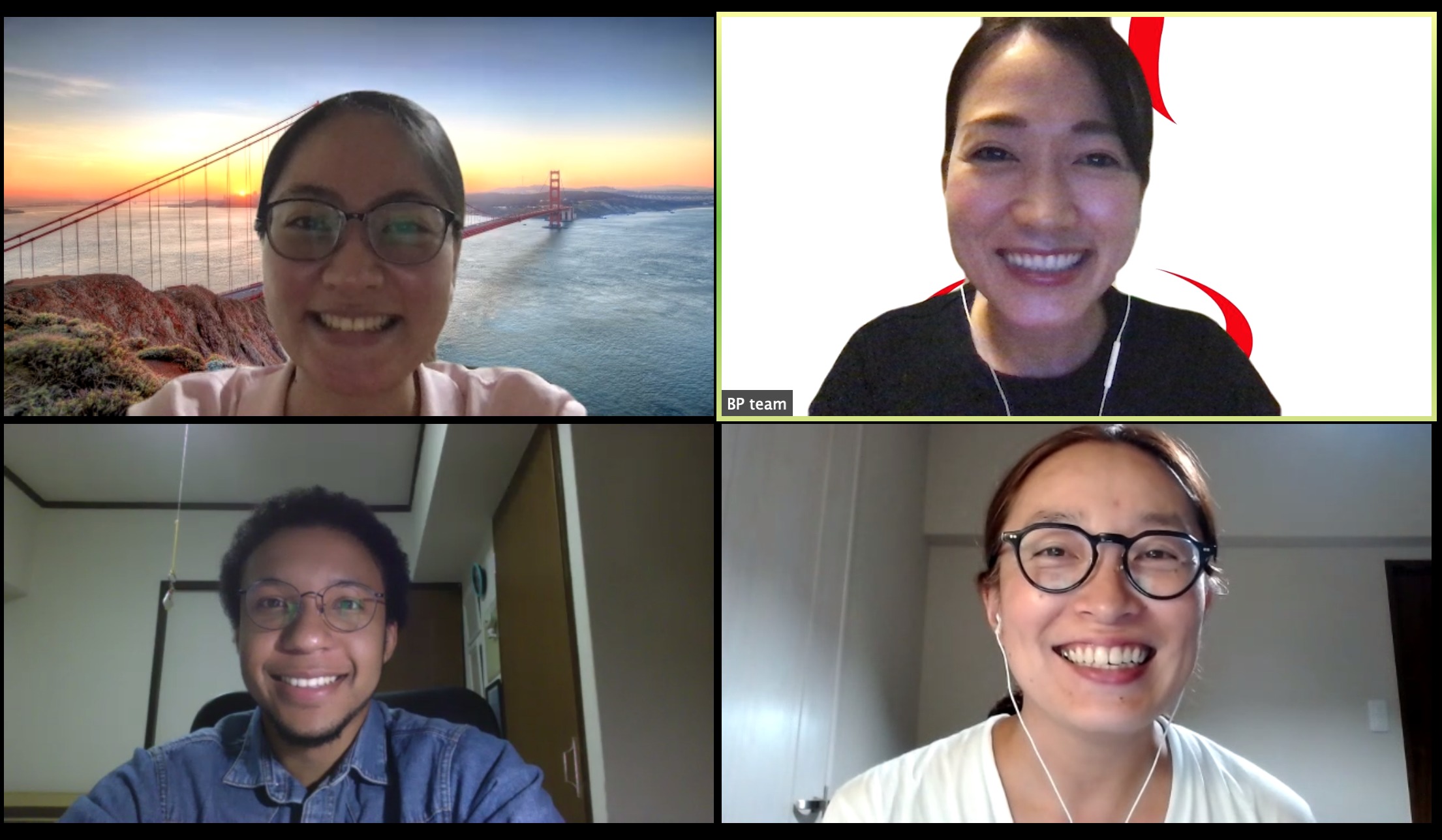


Serving as the project manager at a technical schooI-IMEPOL, located in Mozambique as well acting as the content writer for Global Business Leaders at my university
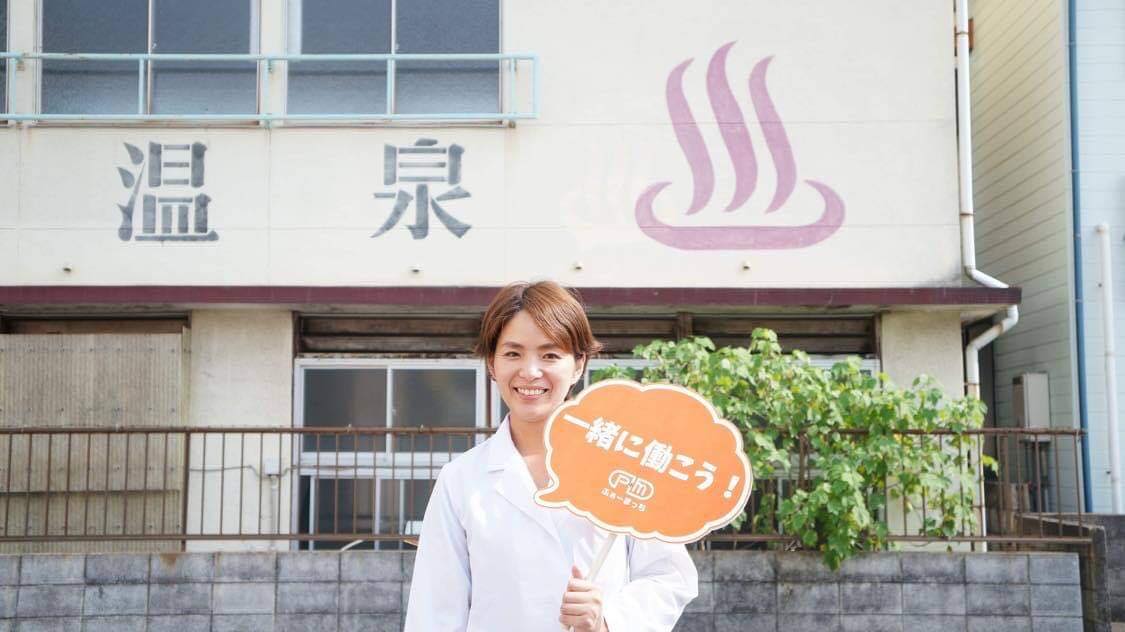
2021.06.03
project
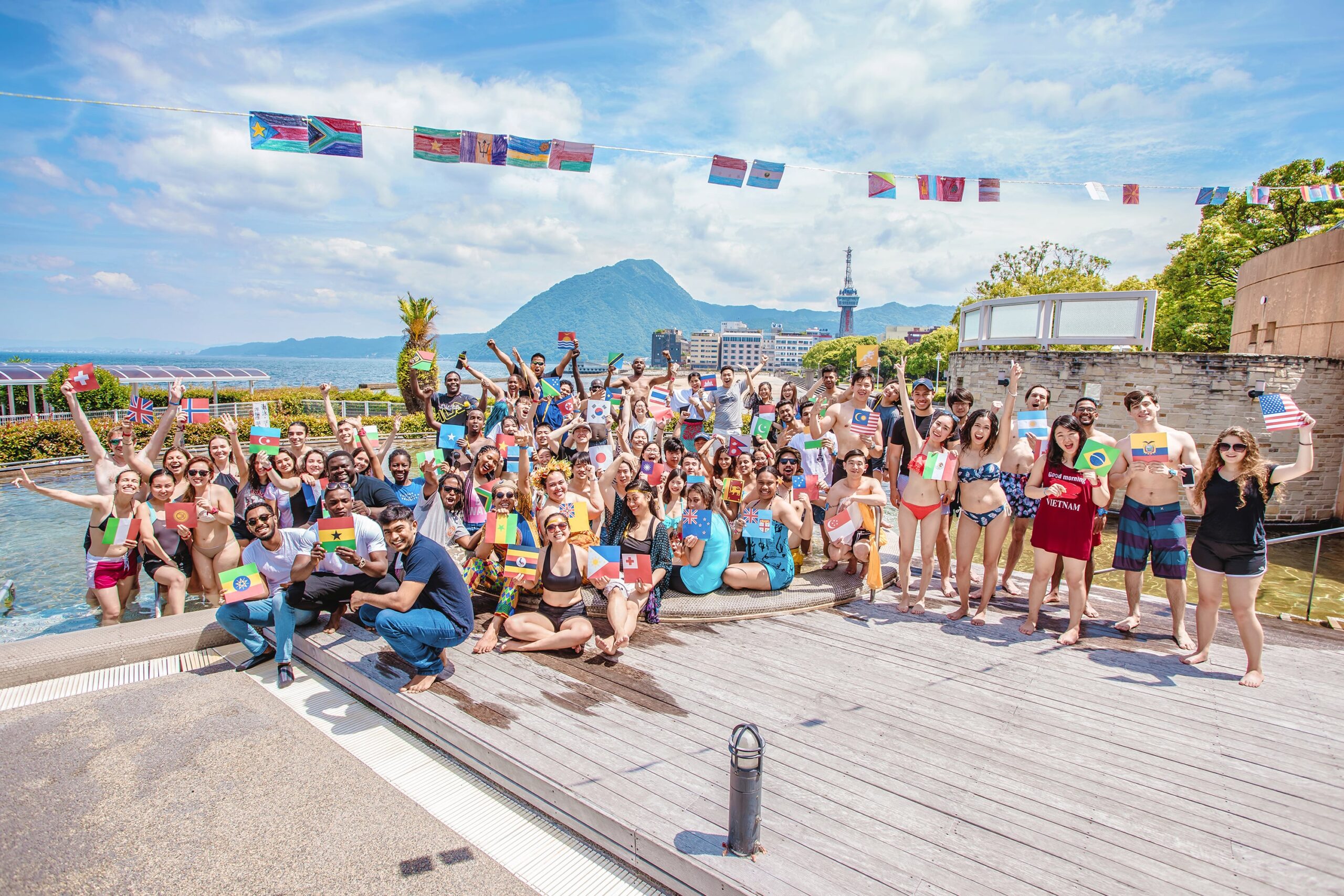
2021.03.08
culture
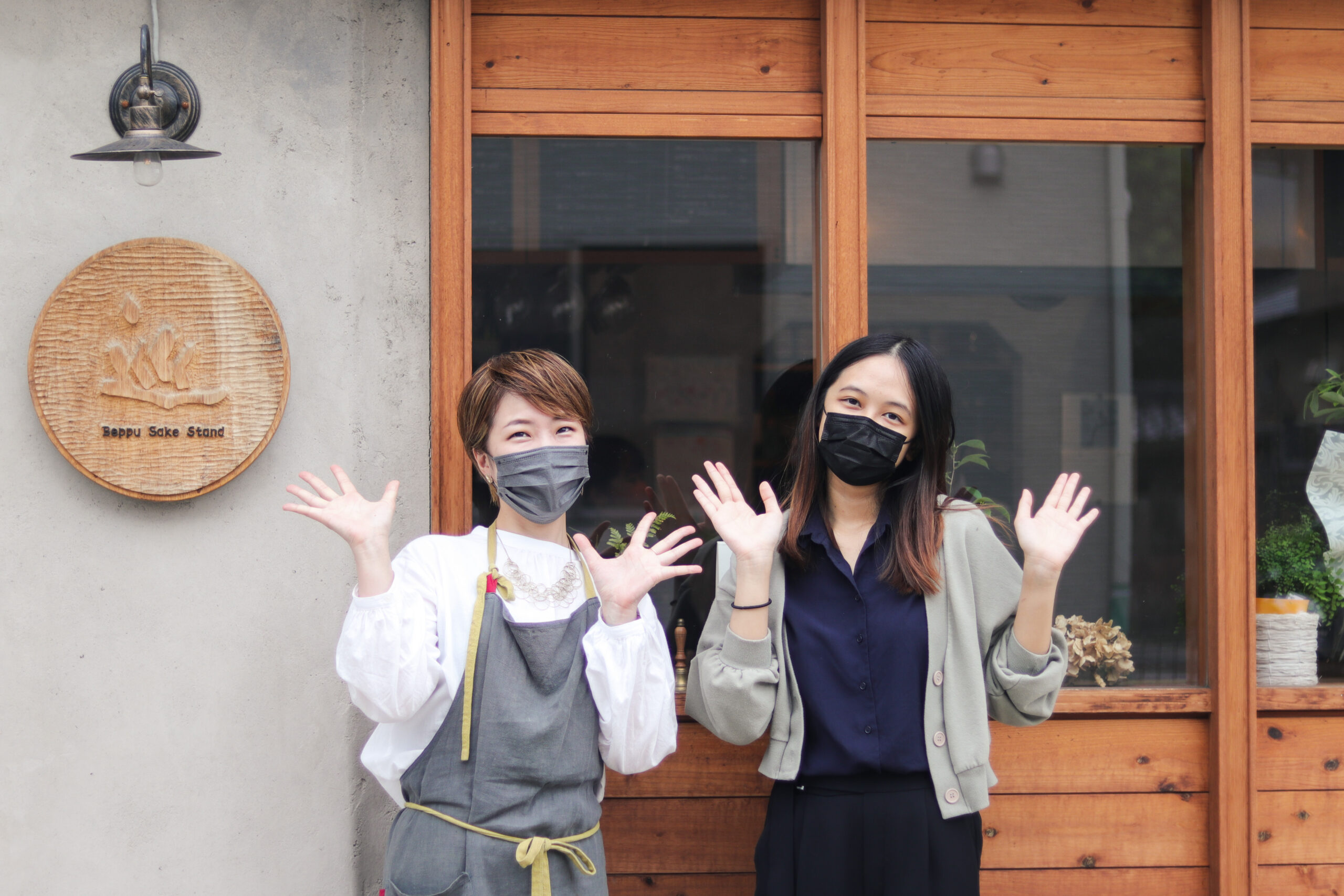
2021.08.29
Enterprise IntroductionprojectEVENT
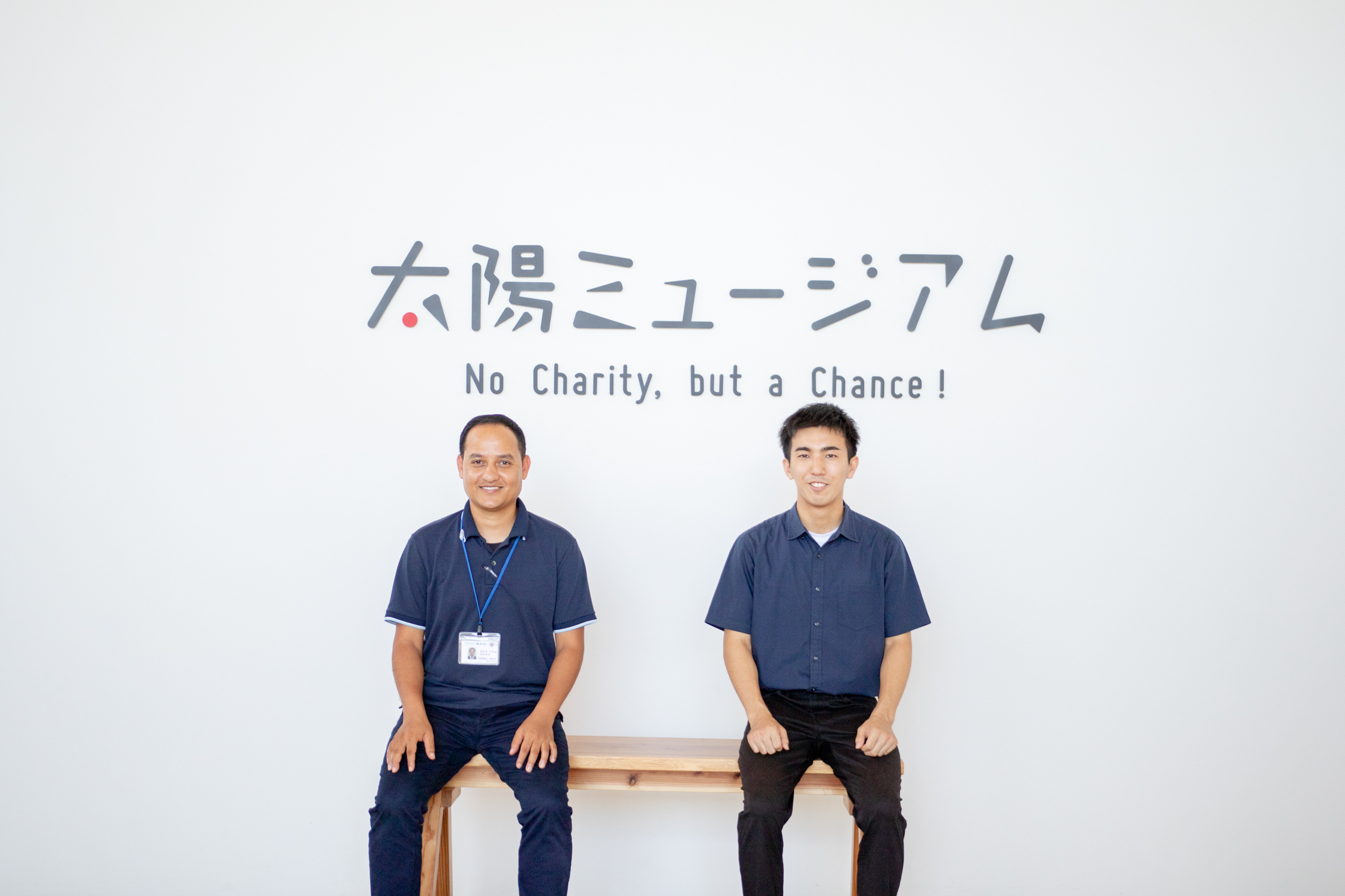
2020.10.28